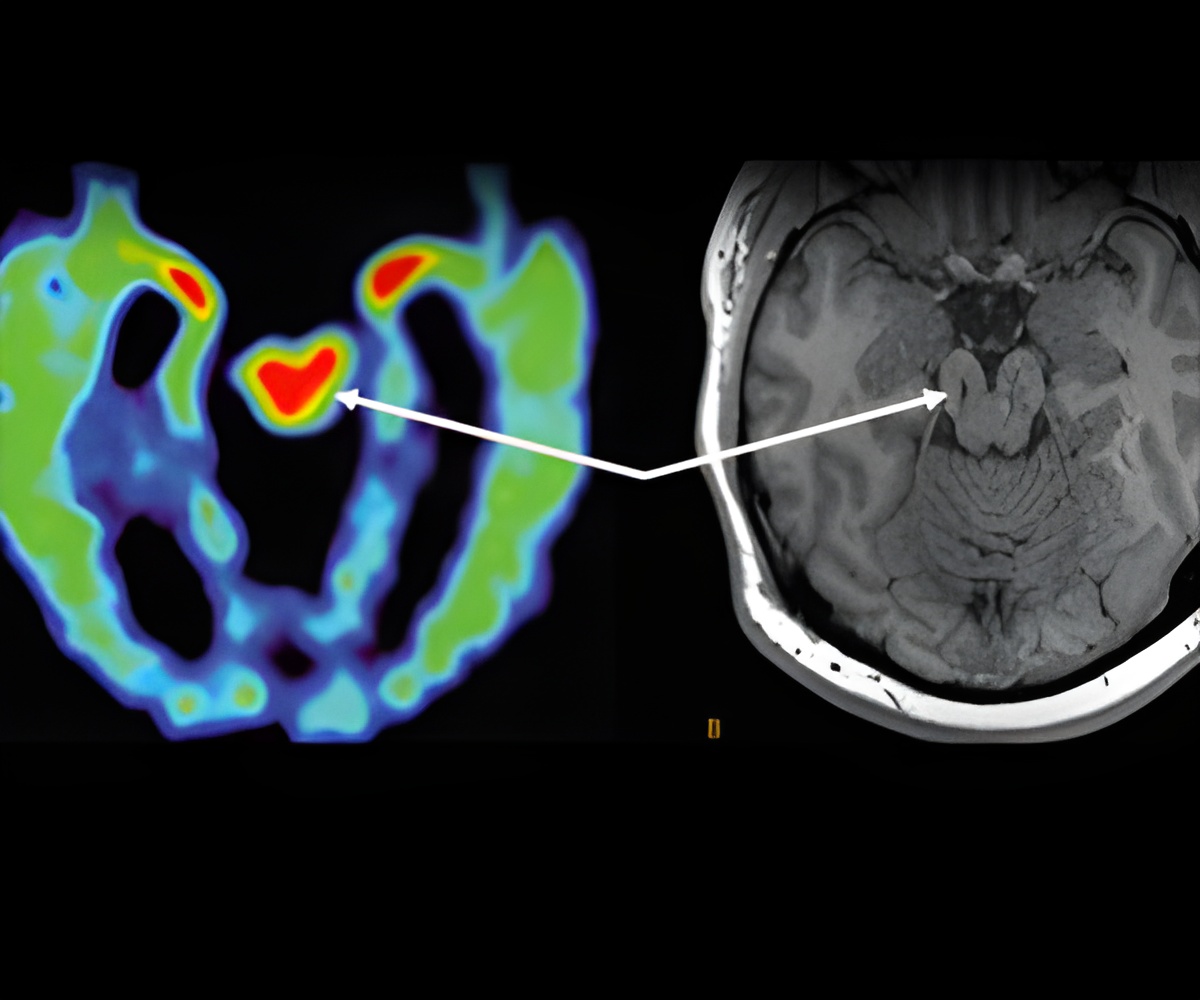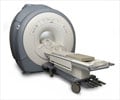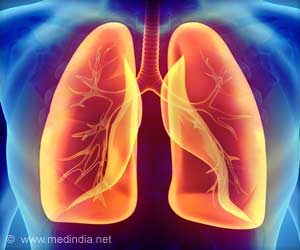MRI scan can help patients relieve their fears of stroke and boost up confidence in them.

‘The MRI is really useful in patients in whom we are unclear what the diagnosis, which would help them get rid of their anxiety.’
Read More..




The six-year study, which included researchers from hospitals in Canada, Australia, and the Czech Republic, involved 1028 patients who experienced a number of symptoms that aren't always associated with stroke--such as numbness, dizziness, or very short episodes of weakness or difficulty with speech.Read More..
Principal investigator Dr. Shelagh Coutts, MD, a member of the Cumming School of Medicine's (CSM), Hotchkiss Brain Institute, and a neurologist at Alberta Health Services' Foothills Medical Centre, says that, because the risk of stroke increases after a first TIA, it is important that physicians are certain of the diagnosis in low-risk cases with non-traditional symptoms.
Patients with motor or speech symptoms lasting more than five minutes are at high risk of having a stroke and must be seen urgently. The problem is that over 50 percent of patients with possible symptoms of a TIA does not have these symptoms.
"If you don't have motor and speech symptoms, the diagnosis is a lot less clear--so patients with numbness, dizziness or difficulty walking may not be diagnosed with a stroke syndrome. These patients are, overall, felt to be at low risk of having a stroke," says Coutts, a professor in the departments of Clinical Neurosciences, Radiology, and Community Health Sciences at the CSM.
Physicians involved in the study group--Diagnosis of Uncertain-Origin Benign Transient Neurological Symptoms (DOUBT)--examined patients within eight days of the start of their symptoms. They performed a detailed neurological assessment, took a patient history, made a diagnosis, and then did an MRI scan within the first week--followed by a second diagnosis.
Advertisement
Further, in 30 percent of patients in the study, the physicians changed their diagnosis based on the MRI scan. "That's not just to change patients to having a stroke," notes Coutts. "There's also the reverse where we thought they might have had a stroke or TIA but based on a negative MRI scan (and other clinical symptoms) we decided it wasn't."
"In a patient in whom it is quite clear to the physician treating them that they have had a transient ischemic attack, then usually an MRI scan isn't actually that helpful. The MRI is really useful in patients in whom we are unclear what the diagnosis is."
And from a patient perspective (if the MRI is negative), knowing they haven't had a TIA is very important, she says, as it reduces the use of unnecessary medication.
"The MRI can be done in the first week as an outpatient," notes Dr. Michael Hill, MD, a co-author of the paper, and neurologist at Alberta Health Services' Foothills Medical Centre and member of the CSM's Hotchkiss Brain Institute and the O'Brien Institute for Public Health. "It is not an emergency, same-day test. The MRI has an important predictive value. A normal test means that the patient most likely has not suffered a stroke syndrome and the risk of future stroke is very, very low," adds Hill, a professor in the departments of Clinical Neurosciences, Community Health Sciences, Medicine, and Radiology, at the CSM.
Source-Eurekalert








